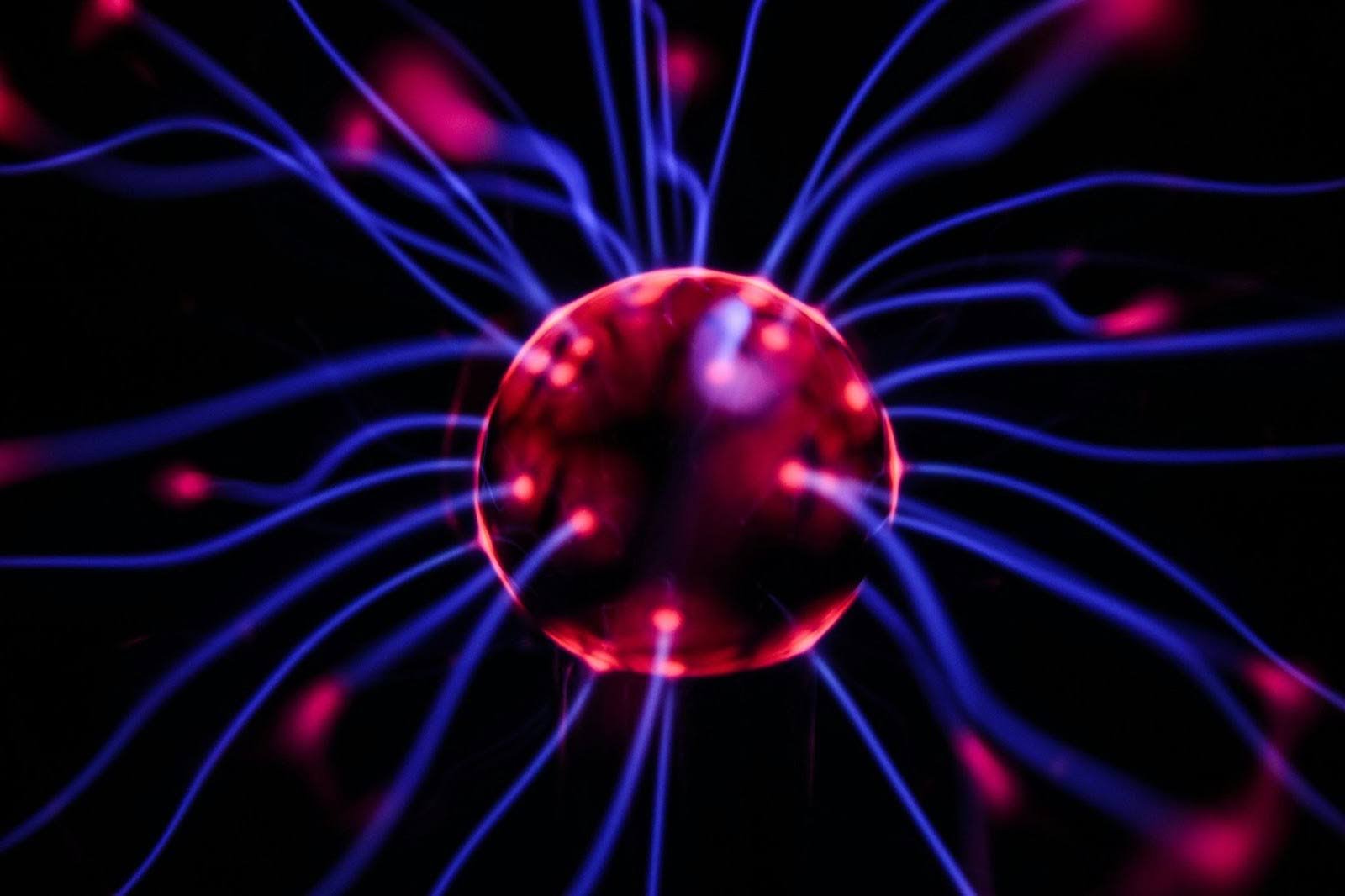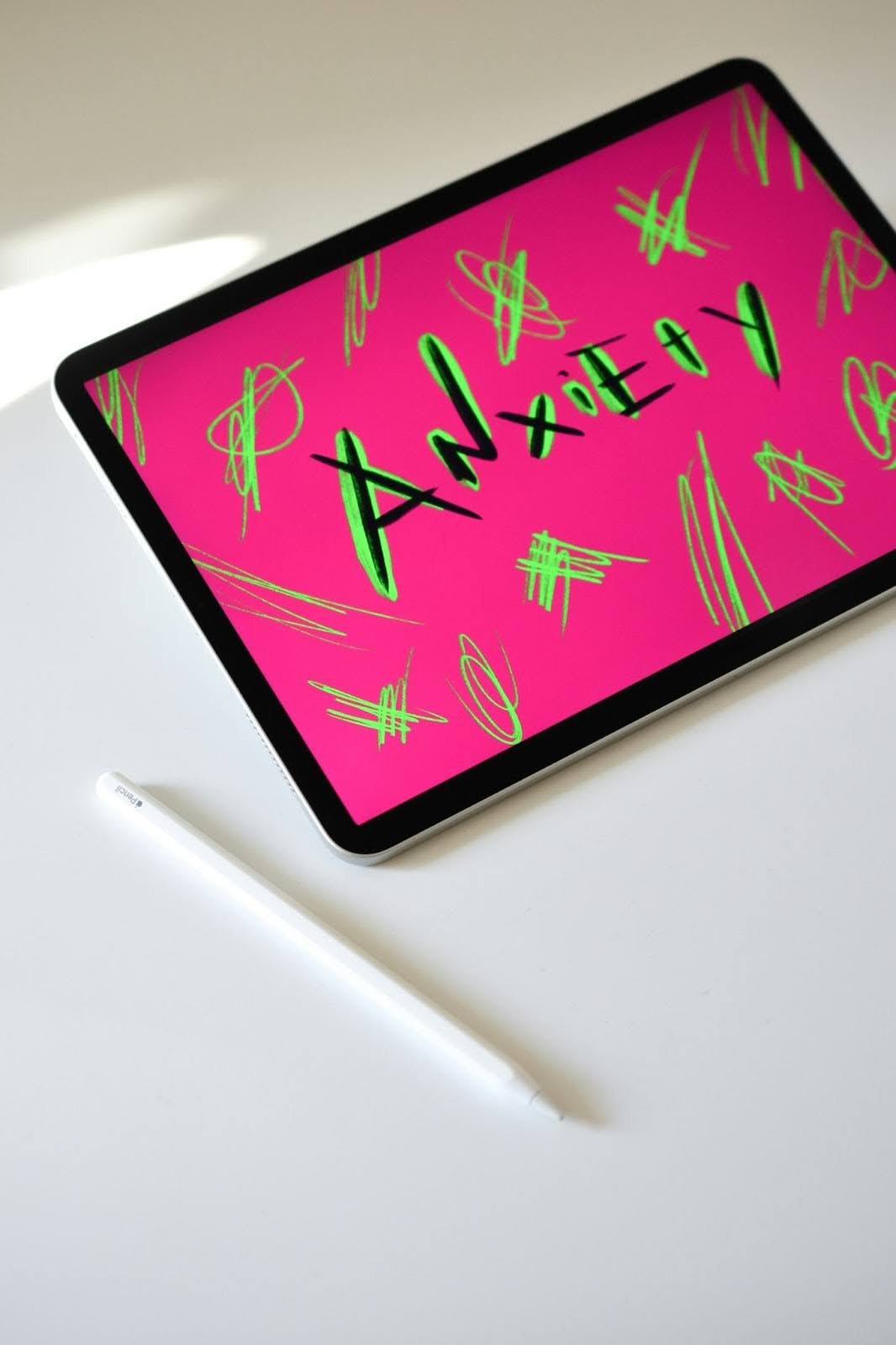Is Cocaine a Stimulant or Depressant? A Common Question
Cocaine is a stimulant drug. When referenced as an upper or downer, cocaine is also known as an "upper", because it accelerates the central nervous system (CNS) and induces a high, euphoric feeling. Unfortunately, since cocaine and crack are addictive, they are widely abused and can cause irreparable damage and even death.
Avenues Recovery, leading experts in addiction rehabilitation, present the difference between stimulants and depressants, beyond the original question: Is cocaine a depressant or stimulant?
What are Stimulants?
A stimulant is a drug that increases activity in the central nervous system (the brain and spinal cord) and stimulates neural activity in the brain. When prescribed, stimulants can assist therapeutically with ADHD (attention deficit hyperactivity disorder), narcolepsy, and occasionally depression. Examples of prescribed stimulants include Amphetamines (Adderall and Dexedrine) and Methylphenidate (Concerta and Ritalin).
Unfortunately, stimulant abuse is rampant because of the feelings of exhilaration they elicit. Examples of dangerous stimulants include: amphetamines, cocaine and crack, caffeine, nicotine, and ecstasy. They are sometimes referred to as ‘uppers’.
Signs of Cocaine Abuse and Other Stimulants
Abuse of stimulants can result in addiction, such as cocaine addiction. Stimulants are highly addictive because they cause an increase in certain pleasure-inducing neurotransmitters, including dopamine and norepinephrine. Dopamine increases pleasurable sensations within the reward circuitry in the brain. Norepinephrine causes physical changes in the body, such as:
- Increased blood pressure
- Heart rate
- Body temperature
- Respiratory rate
Stimulants typically reduce appetite, and when the effects wear off, they can cause fatigue, hunger, and depression.

What are Depressants, and is Cocaine a Downer?
Depressants, or “downers” true to their name, depress and slow down the central nervous system, and can assist in a range of mental disorders. So, is crack an upper or downer? Cocaine is not a downer but an upper, as mentioned before since it acts as a stimulant. There are different types of prescribed depressants including Zyprexa, Seroquel, and Haldol (known as ‘major tranquilizers’ or ‘antipsychotics,’ as they are supposed to reduce the symptoms of mental illness), Xanax, Klonopin, Halcion, and Librium (often referred to as ‘benzos’), and Amytal, Numbutal and Seconal, (called ‘barbiturates’ and are used as sedatives and sleeping pills).
Depressants are also highly addictive because they produce a state of euphoria, relaxation, and deep calm. Alcohol, heroin, and tranquilizers are all commonly misused depressants, often called ‘downers.’
What Can Misuse of Depressants Cause?
Since depressants relax and calm the body, they can easily become addictive. Large doses can cause negative effects, including:
- Confusion
- Lack of coordination
- Dizziness
- Fatigue
- Lowered blood pressure
- Slowed heart rate
- Slowed breathing
It is also possible to become physically addicted to depressants because brain cells change in an effort to regulate the amount of neurotransmitters that bind to the appropriate receptors. Consequently, there can be severe withdrawal symptoms if one stops taking the drug, including anxiety, insomnia, increased heart rate, and seizures. This is why it's safer to cut the use of depressants in a drug detox center such as Avenues.
What is the Difference Between Cocaine and Crack?
In short, crack is the base form of cocaine. Cocaine is a drug derived from the Coca plant and commonly found as a whiteish, powdery substance. It is usually snorted or rubbed on the gums but can also be dissolved in water and injected. Cocaine is relatively expensive, whereas crack is its base form and is a lot cheaper to produce, resulting in greater popularity. Crack is usually produced in the form of a rock and can also be smoked.

Is Crack a Depressant?
Crack and cocaine affect users in the same way. So is cocaine a depressant? No, crack and cocaine are both stimulants. They disrupt the levels of neurotransmitters in the brain, which can increase the level of excitement and activity in the body.
Is Cocaine a Hallucinogen?
Crack and cocaine can cause hallucinations and are therefore considered hallucinogenic drugs.
What can the Misuse of Crack and Cocaine Cause?
Abusing cocaine results in many negative and unpleasant short-term side effects, including:
- Constricted blood vessels
- Low oxygen levels
- Fast or irregular heartbeat
- Dilated pupils
- Sweating
- Nausea
- Restlessness and insomnia
- Paranoia, anxiety, and depression
- Mood swings, and irritability

Cocaine’s long-term effects may include:
- If snorted: loss of smell, nosebleeds, problems with swallowing
- If smoked: asthma, coughing, respiratory illness
- If consumed by mouth: severe bowel decay caused by reduced blood flow
- If injected by needle: higher risk for contracting HIV, hepatitis C, and other bloodborne diseases, skin or soft tissue infections and scarring, and collapsed veins.
Cocaine is a Stimulant and There is Treatment for Addiction
So, is cocaine a depressant or a stimulant? Cocaine is a stimulant and addiction to it can be life-threatening and must be treated with professional help. A reputable drug rehab center like Avenues Recovery can provide detox, inpatient rehab, and outpatient rehabilitation programs, and help you learn how to live a life of recovery. You or your loved one can be drug-free! The first step toward finding your way home is to reach out for help.


